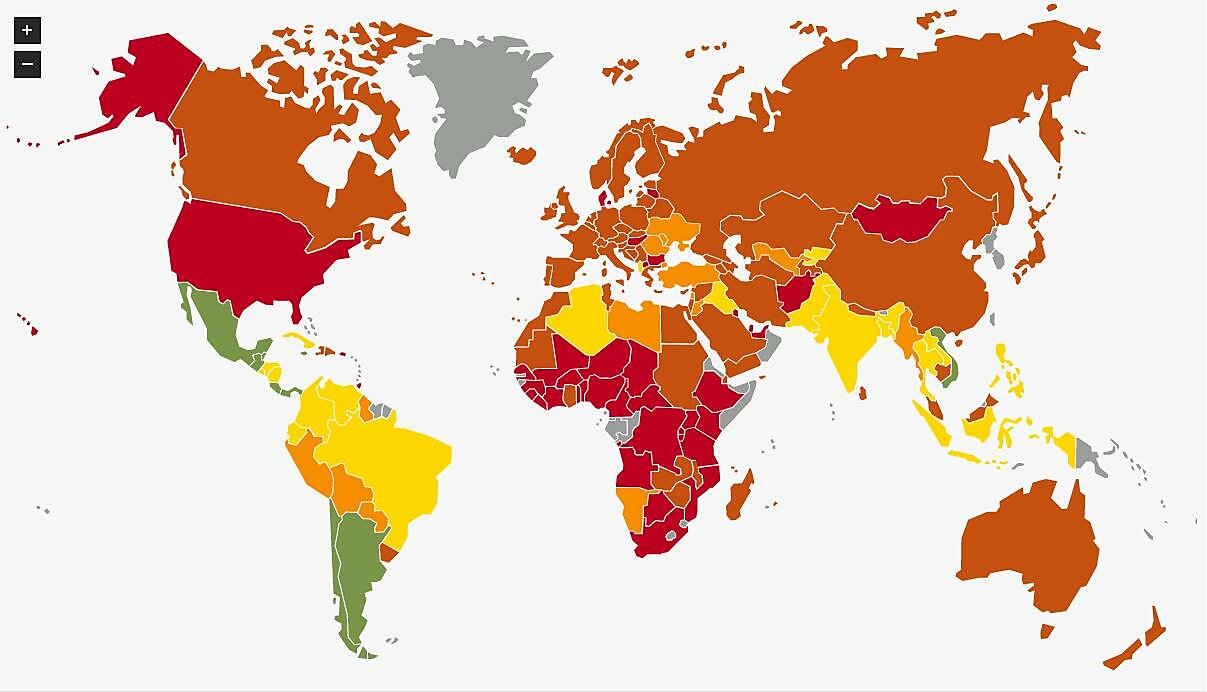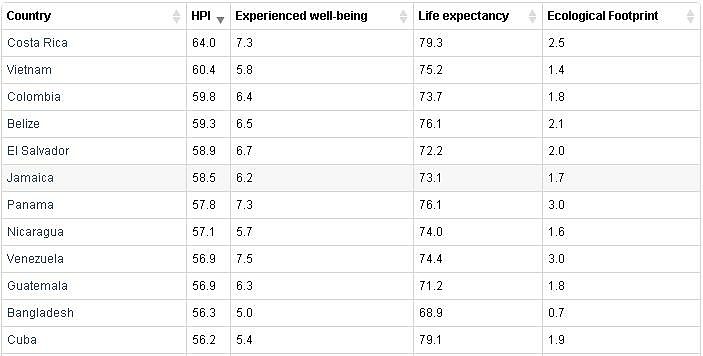Angus Burgin’s The Great Persuasion is a good book on how a handful of brave intellectuals “reinvented free markets” after the Great Depression. Readers of Cato@liberty may be familiar with this story. The founding of the Mont Pelerin Society, how Ludwig von Mises’s intellectual exile in the United States happened to breed a new generation of Austrian scholars, the establishment of the first free-market think-tanks (FEE by Leonard Read in the U.S., the IEA by Harris and Seldon in the UK) are part of the narrative of the revival of classical liberalism after a long period in which economics equated with Keynesianism. This story caught the eyes of outsiders to the libertarian movement too: the books by Burgin and Masters of Universe , a far less intellectually polished work by Daniel Stedman Jones, are interesting, recent examples.
Burgin’s book was reviewed in The New Republic by heavyweight Nobel Laureate Robert Solow. Solow’s review is interesting not so much because he affirms a point of view which is skeptical of the virtues of the free market — but because he does so in a rather peculiar way.
He does so by distinguishing between “a Good Hayek and a Bad Hayek”. The first was “a serious scholar who was particularly interested in the role of knowledge in the economy (and in the rest of society)”. The central insight of the Good Hayek made its way in the economic profession, according to Solow: “all economists know that a system of competitive markets is a remarkably efficient way to aggregate all that knowledge while preserving decentralization.”
But, Solow maintains, a “Bad Hayek emerged when he aimed to convert a wider public”. This “Bad Hayek” could be credited with the idea statism puts in place “a slippery slope,” so that state intervention almost inevitably calls for more state intervention, and thus the establishment of a national health service is nothing but the first step towards full fledged totalitarianism. “The Road to Serfdom was a popular success but was not a good book”, writes Solow, arguing that it set the apocalyptic tone which characterizes today those that he rather amusingly mocks as “Tea Party Hayekians.” The fact that “natural allies such as Knight and moderates such as Viner thought that he had overreached suggests that the Bad Hayek really was there in the text.”
If ever was a critic of determinism, that was Hayek. In The Road to Serfdom (as a quick reading of the introduction would suffice to establish) he did not maintain that interventionism inevitably and automatically lead to totalitarianism. By his own words, he was not “arguing that these developments are inevitable. If they were, there would be no point in writing this.” What Hayek wanted to explain was that “it would be a mistake to believe that the specific German rather than the socialist element produced totalitarianism. It was the prevalence of the socialist views and not Prussianism that Germany had in common with Italy and Russia”. A point that by now should be clear enough.
The founders of the Mont Pelerin Society, to quote Burgin, “perceived their roles as public intellectuals to be one of precipitating long term ideological change”. Being a public intellectual means to offer a narrative. Robert Solow may be right is in downplaying the influence of the Mont Pelerin Society, whose main function was in part “to maintain the morale of the free-market fellowship.” In years in which free-market leaning scholars were as rare as black swans, dispersed in a number of universities all over the world, and with no Facebook or Twitter to keep on a conversation at all time, that was in itself quite an achievement. (Tyler Cowen has sharply responded to Solow on the importance of the Mont Pelerin Society.) But the central point of Solow’s critique is the insinuation that one cannot be a serious scholar and a libertarian at the same time.
Now, this argument leads indeed on a slippery slope. As Solow states, for a serious modern reader, the rhetoric is irrelevant or, worse, misleading, or, even worse, intentionally misleading. Everyone has known for a long time that a complicated industrial economy is either a market economy or a mess. The real issues are pragmatic.” The Milton Friedmans of this world find their place in the sun by manufacturing rhetorical devices that are then put at the disposal of political players — but this is more a demeaned political theater, than the glorious “war of ideas.”
Apparently, being a “serious modern reader,” for Solow, requires reducing all policy problems to “fine tuning”. A good social scientist should stick with that, without turning into his bad twin because of open advocacy of a serious and consistent set of ideas.
Maintaining that “ideas have consequences” does not explain everything — but it does explain something. The understanding of the basic institutions of the free society — or rather, the lack thereof — gets crystallized in fundamental prejudices shared by people. Public intellectuals are a strange kind of thermometer, that at the same time signals what are the prevalent views in society but also can preach and act to change the temperature.
After all, it was Robert Solow’s friend and fellow Nobel Laureate, Paul Samuelson, that famously said “I don’t care who writes a nation’s laws — or crafts its advanced treatises — if I can write its economics textbooks.” The debate on ideas enrich our societies — but it cannot take place, if one allows himself the luxury of considering others’ ideas as mere political stratagems, rather than complex world views worth examining. A slippery slope indeed.

